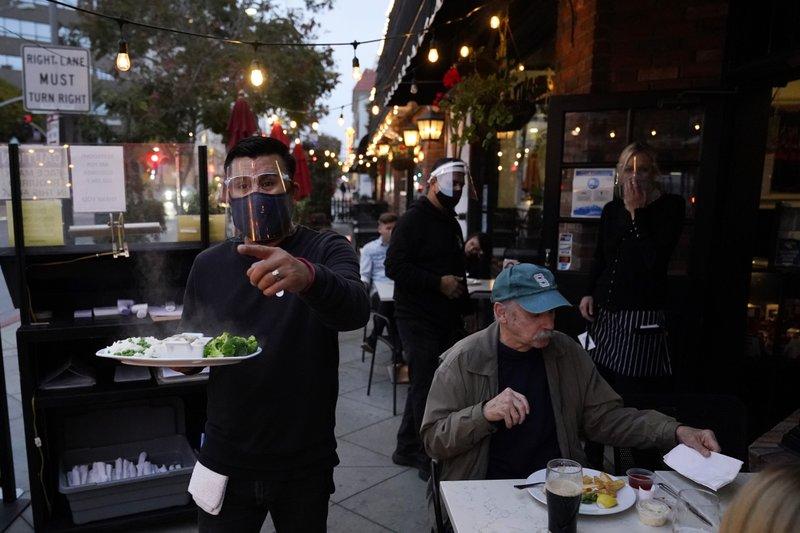A vast majority of the nation’s small businesses haven’t required their employees to get COVID-19 vaccines or be tested to return to work, although there were significant differences across sectors, a government survey shows.
The U.S. Census Bureau’s Small Business Pulse Survey, released last week and based on data collected from some 25,000 respondents from Feb. 15–21, sought to measure the effects on small businesses of changing operating conditions during the COVID-19 outbreak.





